There have been dozens of stories published bidding farewell to musicians who died in in the past year. Music is important to our staff—and our soon-to-be-launched mothership, MusicMemorbilia.com We will miss them all. Rockerteeshirts.com couldn’t let the year end without saying something to remember them.
Many well-known and gifted musical artists left us in 2016 but they left an irreplaceable legacy for those whose lives they touched. The list of the departed includes more notable musicians than I can recall dying in a single year, but we can remain loyal to our memories of those who are gone and the music they left behind will always be remembered.
But the beat goes on. We know that their surviving peers and new generations of singers, songwriters, and bands follow in their wake. They will together fill the void created by the absence of those who came before them.
If “music be the food of love, play on” as William Shakespeare famously instructed us. We remain optimistic about the future and the great rock, country, classical and jazz music that is to come. We can be grateful, too, for the music memorabilia the fallen have left behind. Wearing rock t-shirts may be a small gesture of remembrance, but it helps us give recognition to the importance bands, musicians and performers hold in our lives and lets us acknowledge the joy and inspiration music has always given us.
Here is a list of the talented musical artists we bid farewell as we enter 2017:
David Bowie left us first on January 16 at the age of 69. He made a dramatic exit with a memorable album, called, appropriately enough, Blackstar. From Ziggy Stardust the space oddity to the suave crooner that was one of his disguises, a master of many musical genres, he changed personas as often as most of us change clothes. As Tony Visconti, who worked with The Thin White Duke on his parting gift told us, "His death was no different from his life—a work of Art.”
Paul Kanter, a founding member of the Jefferson Airplane, died on January 18. He was 74. From his early days as a folksinger, he was a leader of San Francisco’s underground music scene and a trailblazer at a time when rock was just coming of age. Kantner, along with Jerry Garcia and his fellow folkies, helped lead the Bay Area’s folk rock/psychedelic movement as it caught the imagination of the entire nation. Paul wrote or co-wrote many of the songs that became hits for the Airplane and following its breakup, led its successor, the Jefferson Starship, and went on to a solo career, often teaming up with his former bandmates and friends like David Crosby and Graham Nash. He enjoyed a nearly six-decade run as a singer-songwriter that ended only with his death. In 1985, he left the Starship to pursue a solo career. Mickey Hart, the Grateful Dead’s drummer, marked Kantner’s passing by saying, "He was kind of the backbone of that band [the Airplane]. It was always about Grace and Jack and Jorma (Kaukonen), I don’t think he got the credit he deserved."
Glenn Frey, who died on January 18 at 67, was the frontman and songwriter for the Eagles and co-founded the group that brought country and rock together in a way that everyone recognized as natural and unforced. Just cynical enough to help the group avoid being too mellow. He will be remembered for the hits he co-wrote, including “Hotel California” and “Desperado,” which in other hands could have been more easy going than his wit and wry sense of humor would allow.
Maurice White was 74 when he died on February 4. The leader and co-lead singer for the popular and influential band Earth, Wind & Fire, he was also the band's main songwriter and produced most of their highly successful records, which sold in the millions worldwide. Early in his career, White worked as a session drummer for Chess Records and played with Muddy Waters, Howlin’ Wolf and dozens of other blues and R&B luminaries. Suffering from Parkinson’s Disease in the late 80s, he began to appear less often with EW&F but still remained in charge of the band’s business and was very active in the music industry.
Sir George Martin was 90 when he left us on March 8, leaving a huge musical footprint that will be hard to fill. He was more than just the “Fifth Beatle,” although he deserved the name more than many others who at one time claimed it. Martin essentially made their sound, helping them escape being just another Liverpool skiffle band. Instead, the one-time Silver Beetles became the most popular band on the planet. He was a musical master architect and superb producer/arranger who added just the right touch to songs like “Yesterday” and albums like Sergeant Pepper’s Lonely Hearts Club Band. It was Martin’s role in shaping their music that allowed them to avoid the musical clichés of the time to become innovators respected far beyond the world of rock and roll. They appealed to classical icons like Leonard Bernstein and jazz greats like Sonny Rollins and Miles Davis alike. Sir George recognized no boundaries of genre or demography. Songs like “Penny Lane” and “Strawberry Fields Forever” showed that McCartney and Lennon were great songwriters, but it was Martin’s musical training, his use of sound environments and contrapuntal melodies that made their sound more than just merely popular. It made it part of musical history. 50 years+ later, Beatles memorabilia still makes collectors hearts skip a beat. Sir George left us a legacy of music memorabilia that he helped to shape.
Keith Emerson, who died on March 11 at the age of 71, was a co-founder of Emerson, Lake & Palmer, one of the most successful progressive rock groups in the history of popular music. Many of his peers, including Brain Auger and others, considered him rock’s greatest pianist. Michelle Moog-Koussa, daughter of Moog synthesizer inventor Dr. Robert Moog, said that when "Keith left us, I felt like a part of my father had died. Keith took this daunting, sometimes delicate and highly expressive new technology that was originally designed to sit on a table at some studio, and he boldly brought it to the masses.
Merle Haggard passed on April 6 at age 79. The country music superstar was perhaps best known for his hit song "Okie From Muskogee," released in 1969. He was thought at the time to have written the song after watching a group of hippies protest the Vietnam War. Later, he revealed that the song was actually conceived on his tour bus when it passed through Muskogee, Oklahoma as members of his band were passing around a joint, and he remarked, “I bet they don’t smoke no marijuana in Muskogee.” An apocryphal story or not, he was recognized later in his career as much more hip than his fans realized. He was a prolific songwriter who wrote many hit country songs and performed them peerlessly. According to Bob Dylan, whom he eventually toured with, he transcended the country genre. Rolling Stone said of him: “Haggard's image was a hardened, gruff troubadour, but in his personal life, he was polite, reserved, with an intensely curious mind, especially about current events. A news junkie, he was politically outspoken, taking stances unpopular in the country music world.”
Prince Rogers Nelson was named well by his parents. He carried himself as rock and roll royalty, a bit distant but always regal. He was just 57 when he died suddenly on April 21. He defined and redefined pop, rock, R&B, funk, soul and nearly every other musical genre in a career marked by innovation and controversy in music, filmmaking and his gift for remaining aloof, generating waves of publicity by calling himself “The Artist Formerly Known As Prince” and later by using only an androgynous symbol in lieu of his name. He performed, produced and wrote nearly all of his own songs and was a gifted multi-instrumentalist who mastered guitar, piano, drums and any instrument he touched. His father, a jazz bandleader, said, "I named my son Prince because I wanted him to do everything I wanted to do."
Leonard Cohen died at 82 on November 10. Best known as the composer of “Hallelujah,” the song that became so widely performed, most memorably covered by Jeff Buckley, that he once suggested there should be a moratorium on playing it, he wrote songs that reflected his beginnings as a respected poet and novelist long before he began his career as a singer-songwriter in the mid-60s. A latecomer to pop music at the age of 33, he became an influence on succeeding generations of singer-songwriters from Kurt Cobain of Nirvana to Bono of U2. Along with Bob Dylan and Paul Simon, he made songs into a form of poetry that reached the masses. Cohen also had a gift for original melodies. As Bob Dylan remarked in an interview with David Remnick, the editor of The New Yorker conducted just before Cohen died: “His gift or genius [was not only in the words to his songs] but in his connection to the music of the spheres.”
Leon Russell moved at 17 from Tulsa to Los Angeles and began a career that lasted for over 50 years. He was 74 when died on November 13, 2016. He soon became one of the most in-demand session musicians in LA, working with Frank Sinatra, the Byrds, Herb Albert and Phil Spector. He was also a member in good standing of the "Wrecking Crew," the crack studio musicians who seemed to play on nearly every hit song recorded in California, including songs credited to The Byrds and The Beach Boys, who often only provided the vocals. He later became known to the public by touring with Joe Cocker on his “Mad Dogs and Englishmen” tour and for playing with Bob Dylan, George Harrison, The Rolling Stones, Willie Nelson, and Elton John. He was also a gifted songwriter. His songs became hits for others, including the Carpenters’ “Superstar” (written with Bonnie Bramlett), “Delta Lady” recorded by Cocker and “This Masquerade” for George Benson. On his own, he recorded hits such as “A Song for You” and “Tightrope” that became staples of FM radio.
Greg Lake joined his bandmate Keith Emerson on the list of those who passed on in 2016 on December 7. After a brief stint as a founding member of King Crimson, the bass virtuoso joined Emerson, Lake & Palmer in founding a group that helped pioneer the progressive rock sound that became an important part of the music scene of the 70s and 80s. Lake was also ELP’s lead vocalist and producer. More of a rocker than the classically-inclined Emerson, Lake together with drummer Carl Palmer, helped ELP climb the charts all over the world.
George Michael died on December 25. After early success as half of the duo Wham!, the songs he wrote as a solo artist took a more serious turn, although they remained firmly in the pop tradition and also regularly became hit records. He became very wealthy from the massive royalties he collected with Wham! and on his own. He used his wealth to perform many acts of anonymous generosity, donating £15,000 to a woman who couldn't afford IVF, gave a stranger in a cafe £25,000 as she was crying over her debts (quietly telling a waitress to give her the check after he left). He secretly volunteered at a homeless shelter, helped keep small charities afloat and carried out many other selfless acts. In 2000, in an act which made music memorabilia history, Michael bought the piano that John Lennon had played while composing “Imagine.” He paid £1.67 million to a private collector, so the piano could be kept in the UK. He then donated it to the Beatles Story museum in Liverpool to ensure that it would be kept in Lennon's hometown forever. Fans marvel at how he managed to keep his many acts of kindness from becoming publicly known during his lifetime.


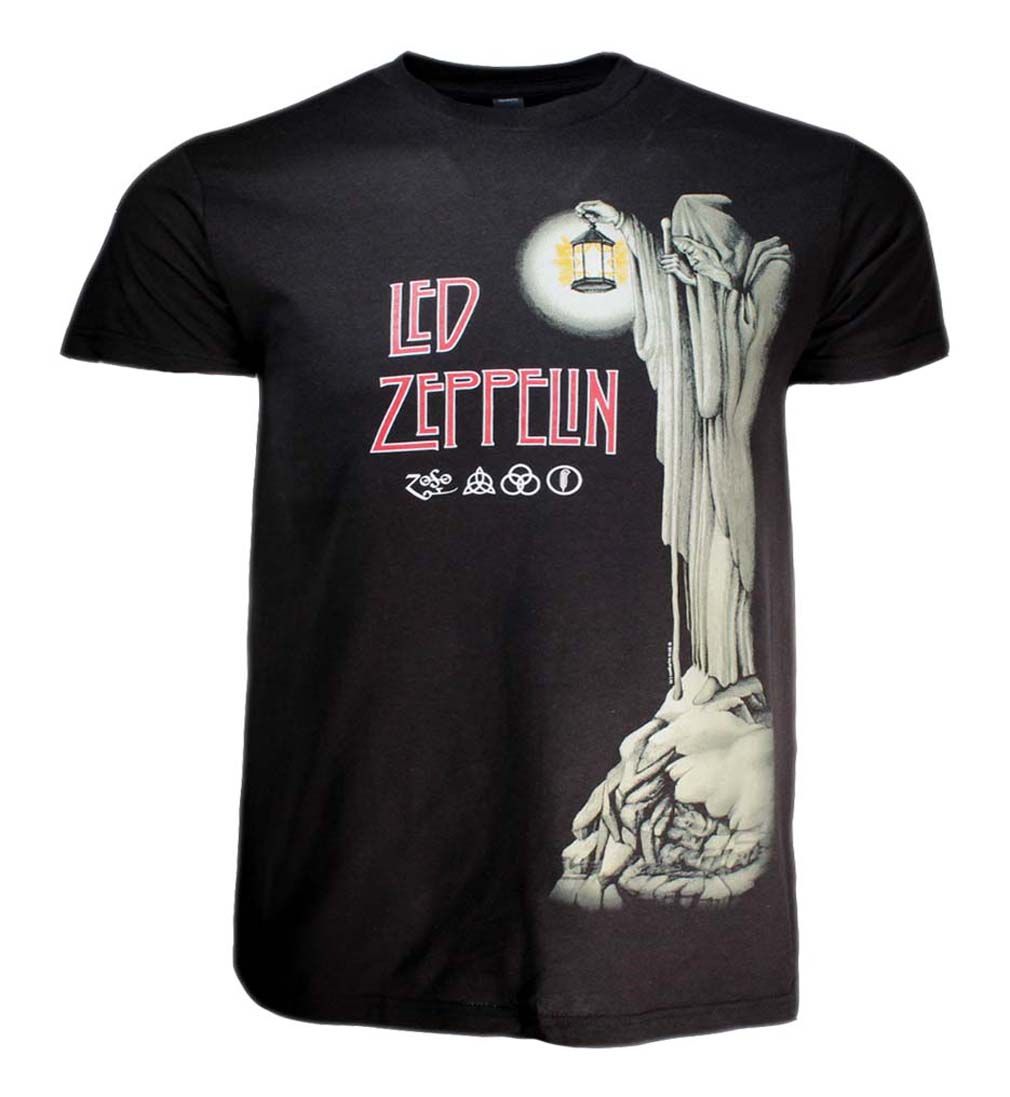
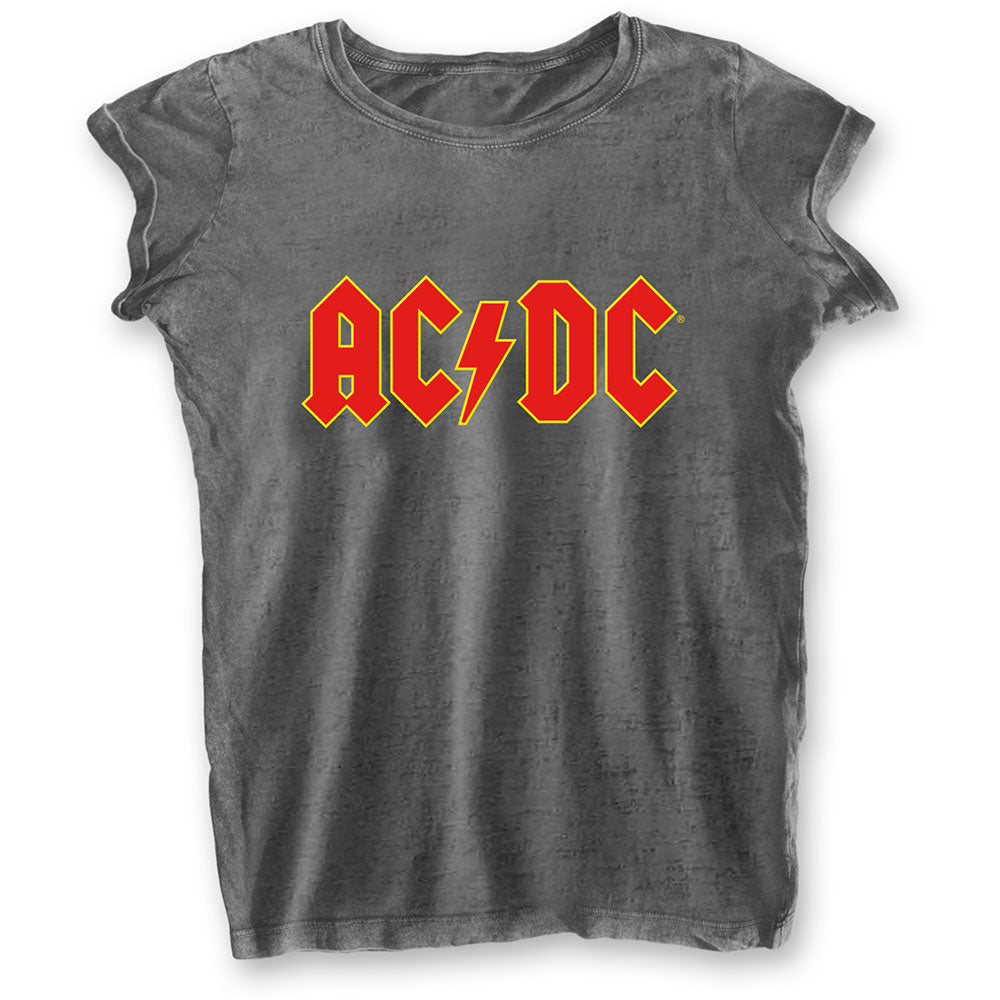







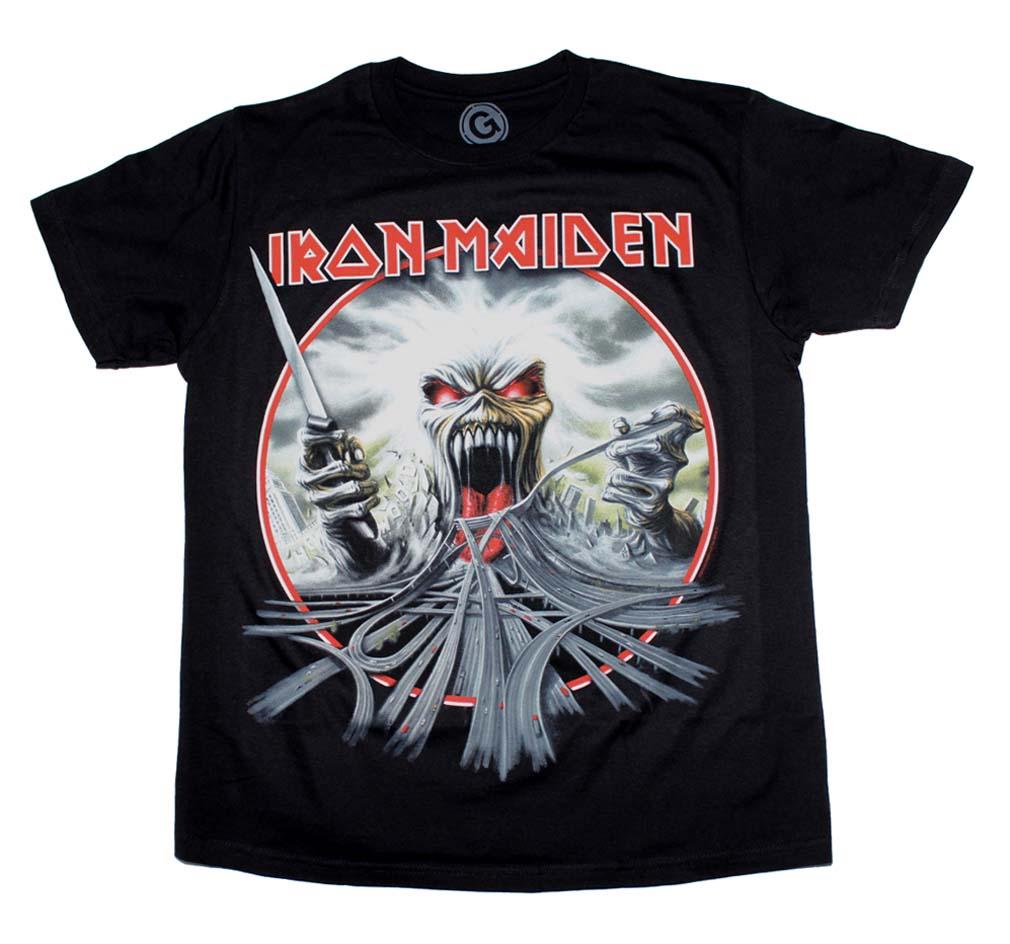


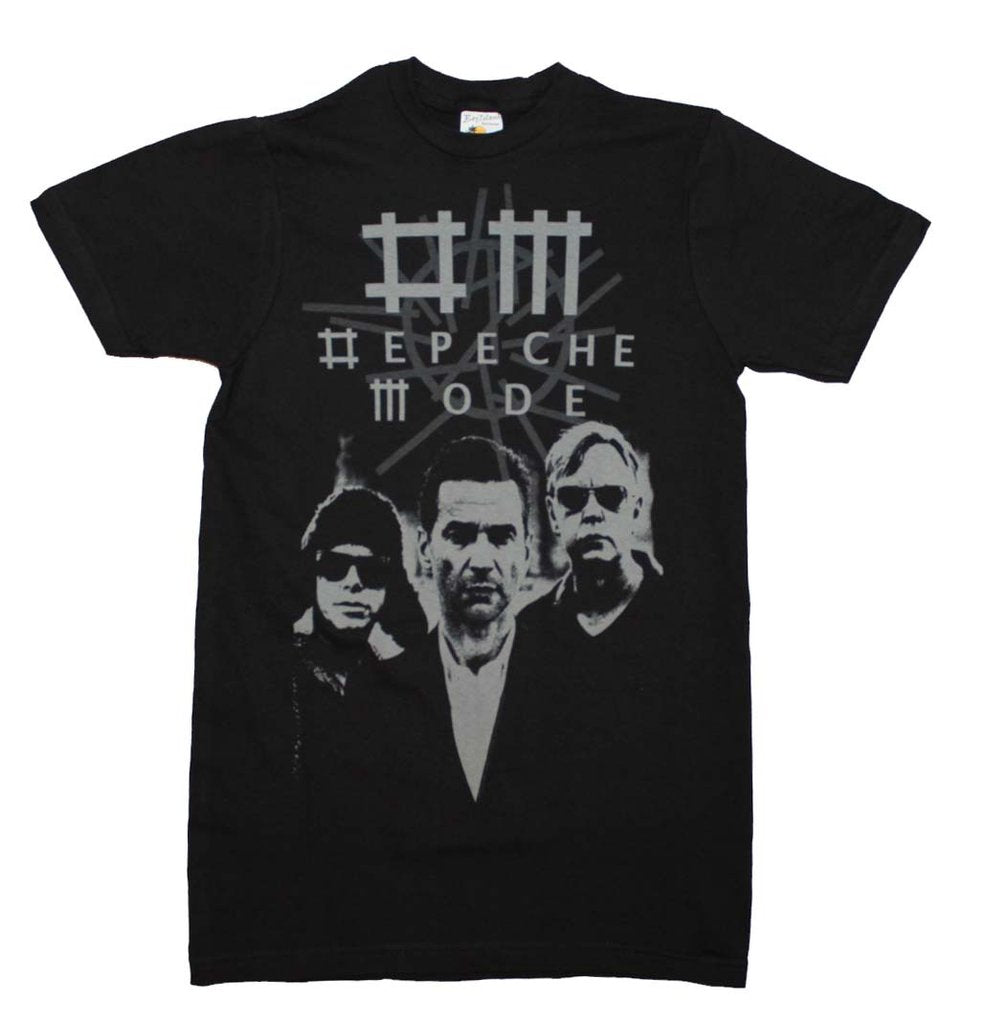

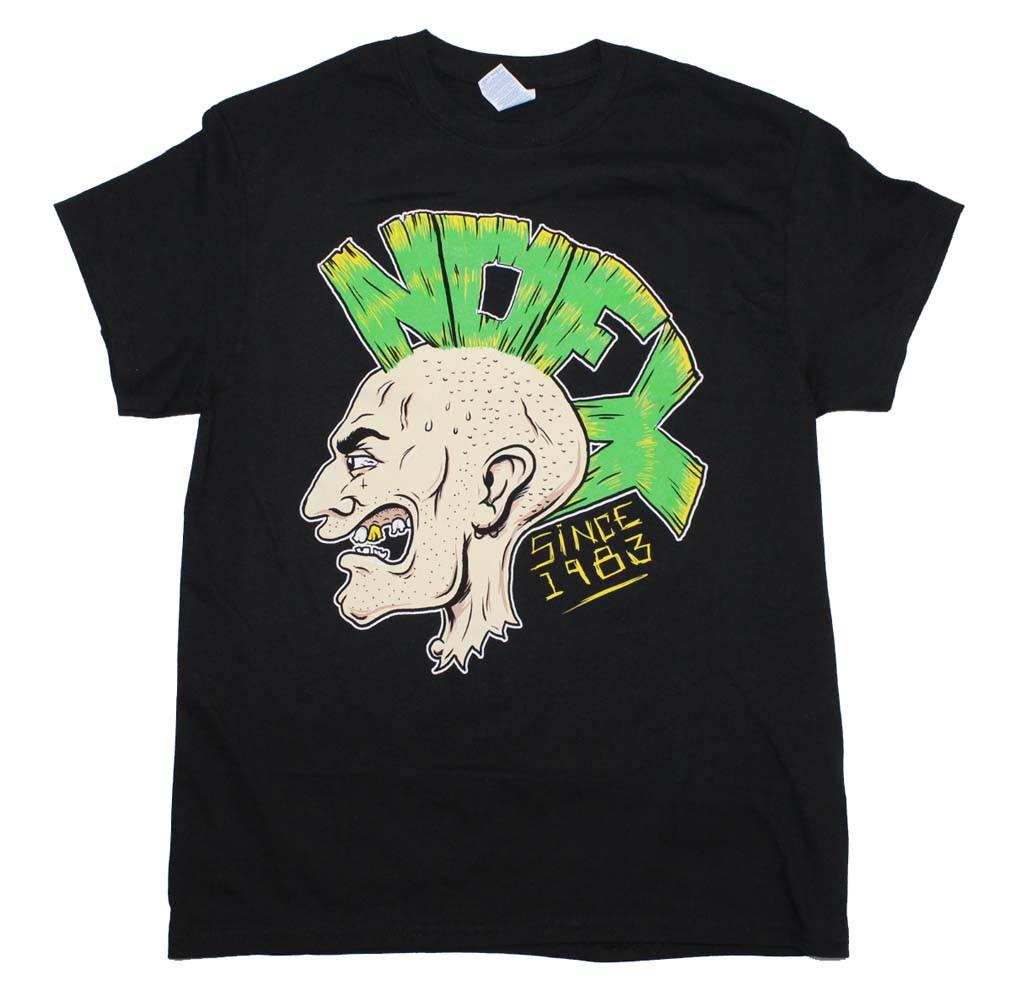
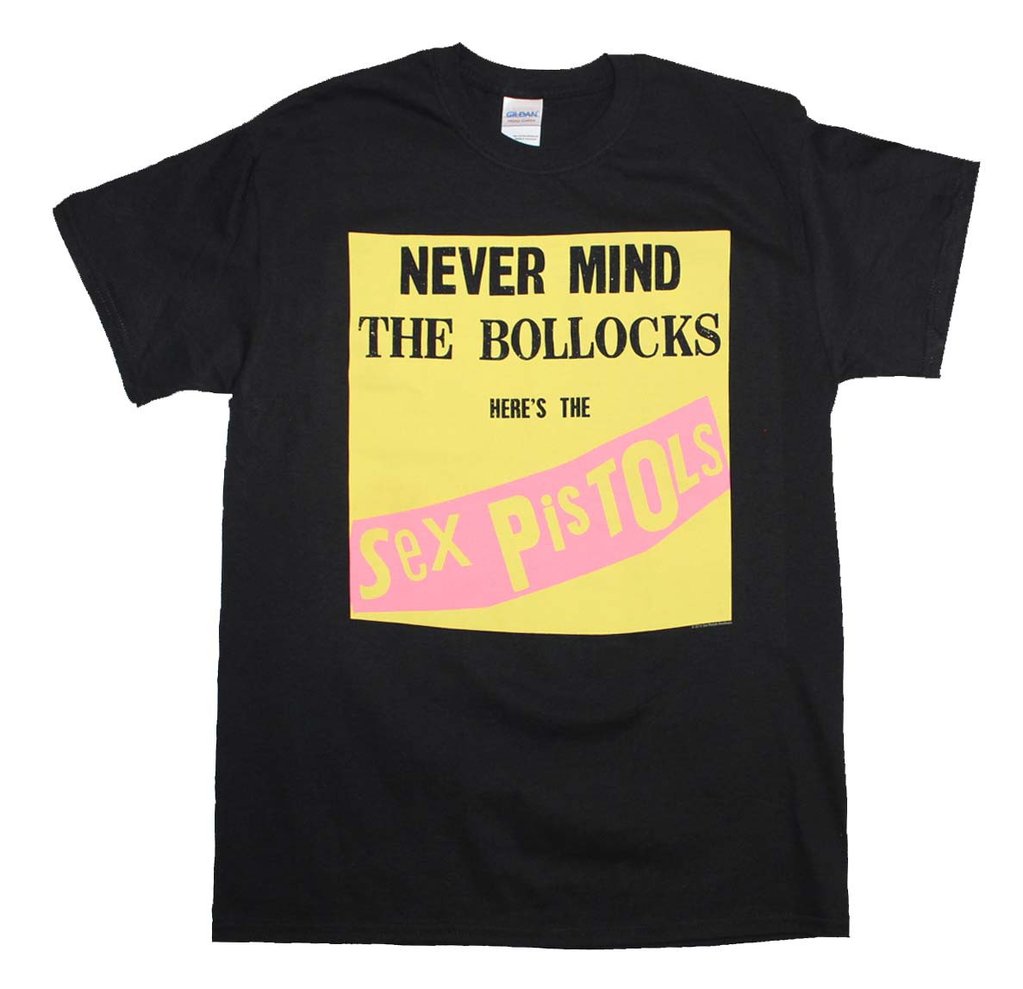
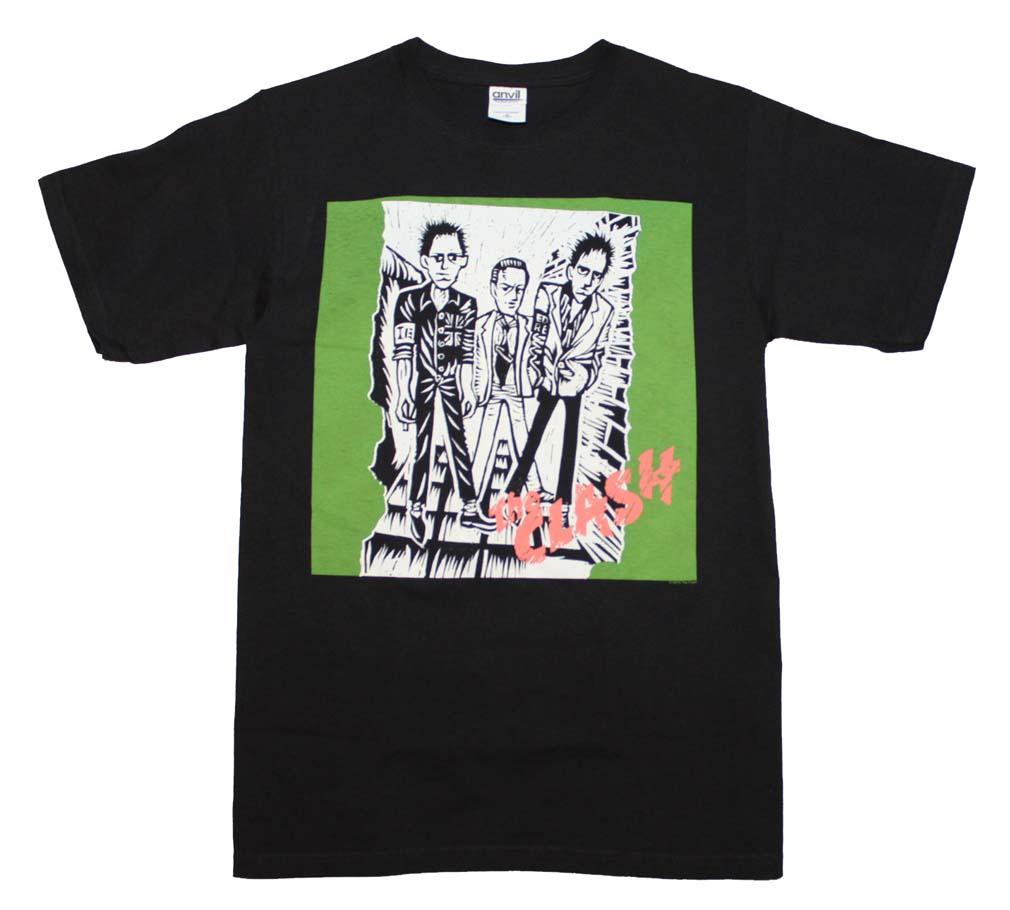

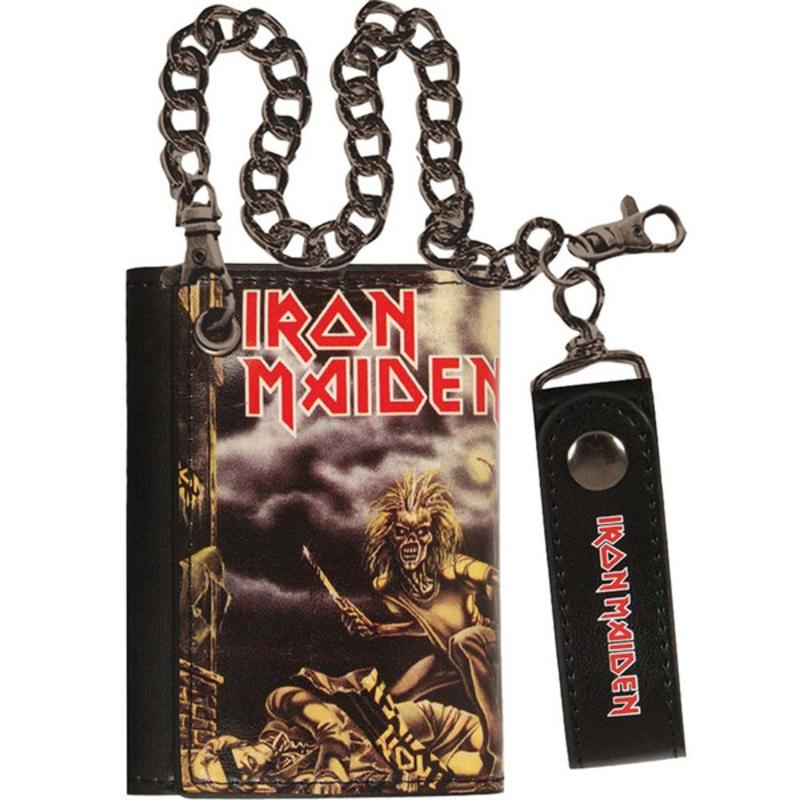


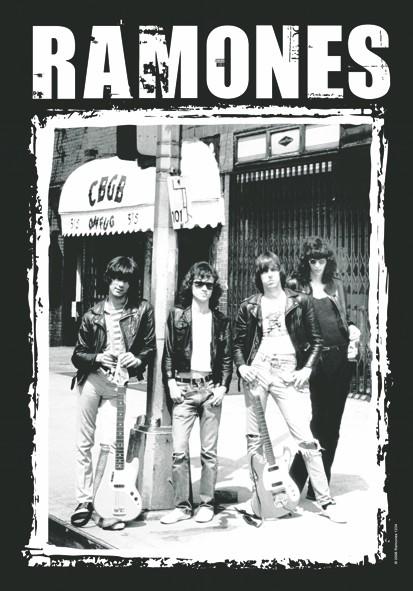
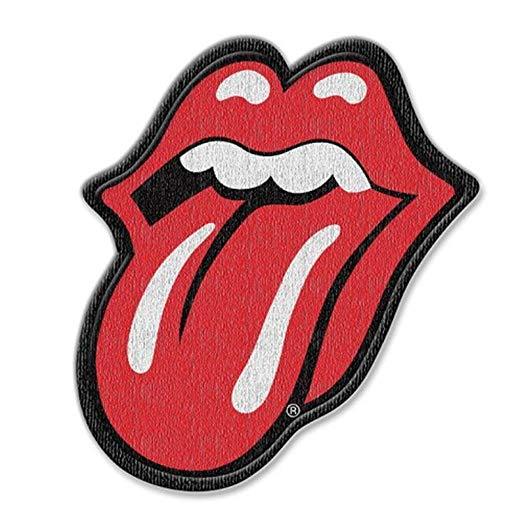

Comments
0 comments